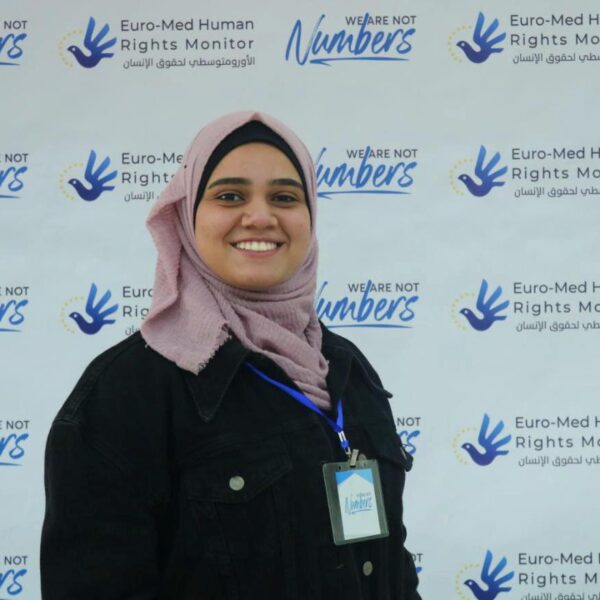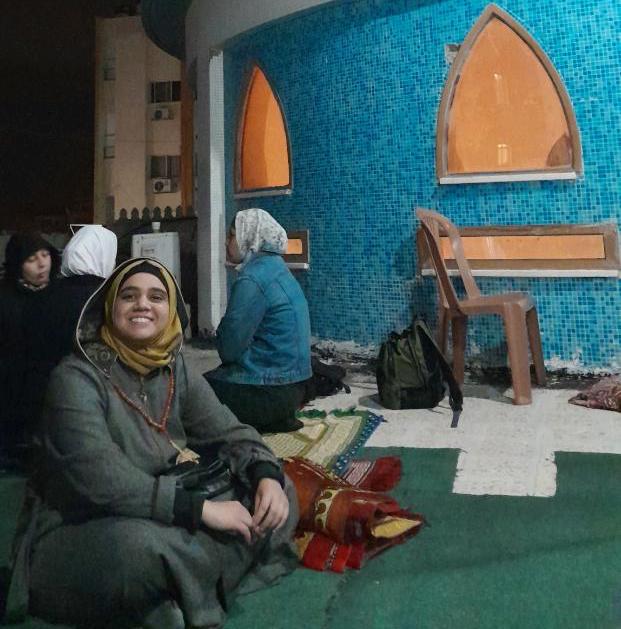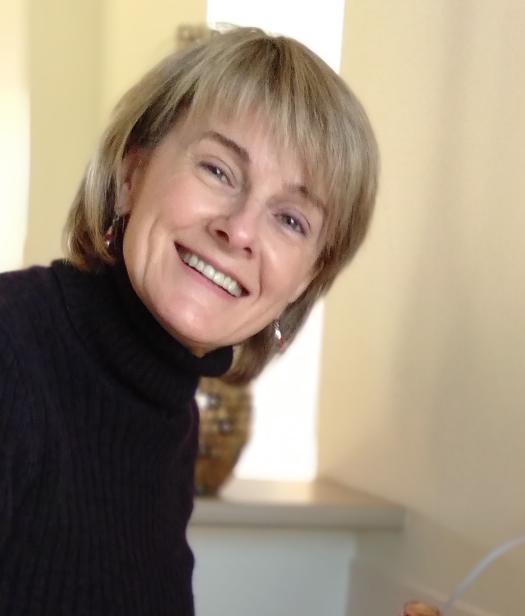As this war of misery approaches its 200th day, Ramadan is almost over. Its few days pass one after another, quickly, without waiting for me to realize that they were here at all.
This Ramadan is not like any other Ramadan. This month is dark, sad and silent, in contrast to previous years when Ramadan was the only month in the year when night and day were equal due to our brightness and joy.
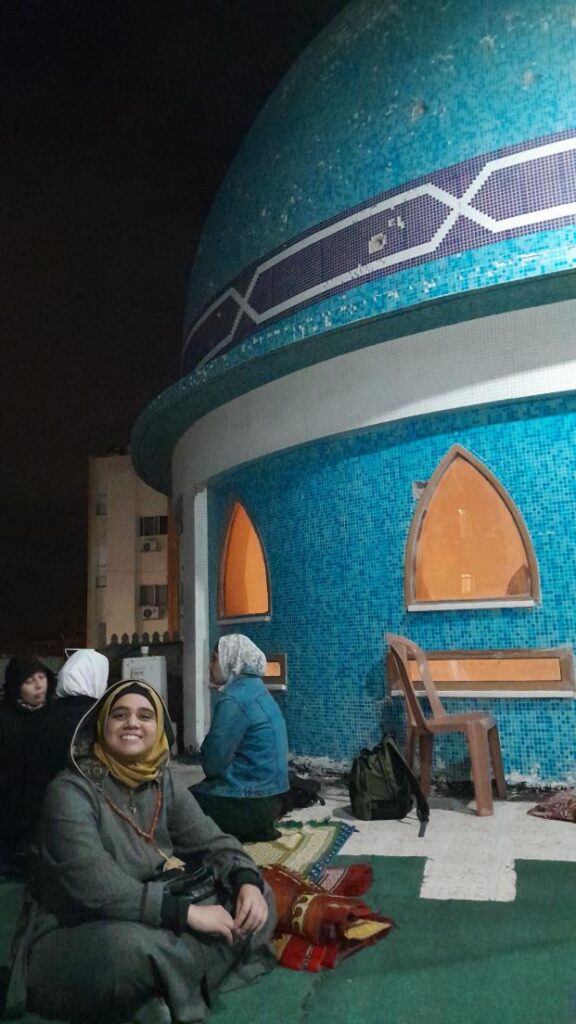
This year everything is different, the whole city is different. Places are no longer places, and time has changed.
Every year, when Ramadan ends, I start waiting for its return. I welcome it by hanging the luminous crescent and the small lanterns on the wooden hut in my house garden, take photos of my parents’ preparations, holding on to the intention to worship at my best. Usually, I write myself a letter that encourages me to invest in my spiritual self and to recognize Ramadan as the month of real change and the chance to achieve the best habits. I wait for Ramadan happily and patiently, because it has never failed to create a better version of me.
But this year, I did not want Ramadan to come while we were living with the ferocity of this war. When Ramadan was announced, I did not hang its decorations on the wooden hut, the hut that was completely destroyed in the second month of the war. There is no electricity for the small lanterns. The markets are all empty and looted, without the Ramadan goods we have been accustomed to.
Streets are destroyed, buildings are demolished, houses are empty of their residents, and nothing but sadness exists in the small city of Gaza. Ramadan cannot find the Gaza it knows.
Constant starvation, growing fear and struggling to meet the basic needs of life are all things that hurt and anger me, making me doubt my belief in the goodness of this world. But they are not the things that make me lose my sense of Ramadan. It is that I cannot find myself this year because finding myself doesn’t happen without my favorite way to feel Ramadan’’s heaven in the Tarawih prayers in the mosques. Without that, I can’t find a taste for Ramadan, I can’t feel its healing magic.
As a child, I went with my mother to the mosque for Tarawih prayers. When people started praying, I would put my head on the mosque’s carpet, and sleep until the prayer ended, then hold my mother’s hand and return home, waiting for the next day to return to the mosque. When I grew up, I would go with my sisters and friends to the mosques near my house, praying with piety, reading, listening and recording the sweetness of the great and holy Qur’an.
During last Ramadan, on the final day of prayer, I did not know that it would be my last Tarawih prayer in my local mosque, the mosque closest to my home and heart. That mosque was very special, and what made it so, was the place where women used to pray. We prayed on the second floor and most spiritually on its roof, next to the mosque’s dome and minaret. We would line up under the moonlight, kneel, and pray while the breeze caressed us. We would contemplate the sky, read the Qur’an and understand it in a fresh, unique way. How close I felt to God! I used to feel my soul fly on winds of tranquility and happiness. It is for those feelings that I wait for Ramadan every year.
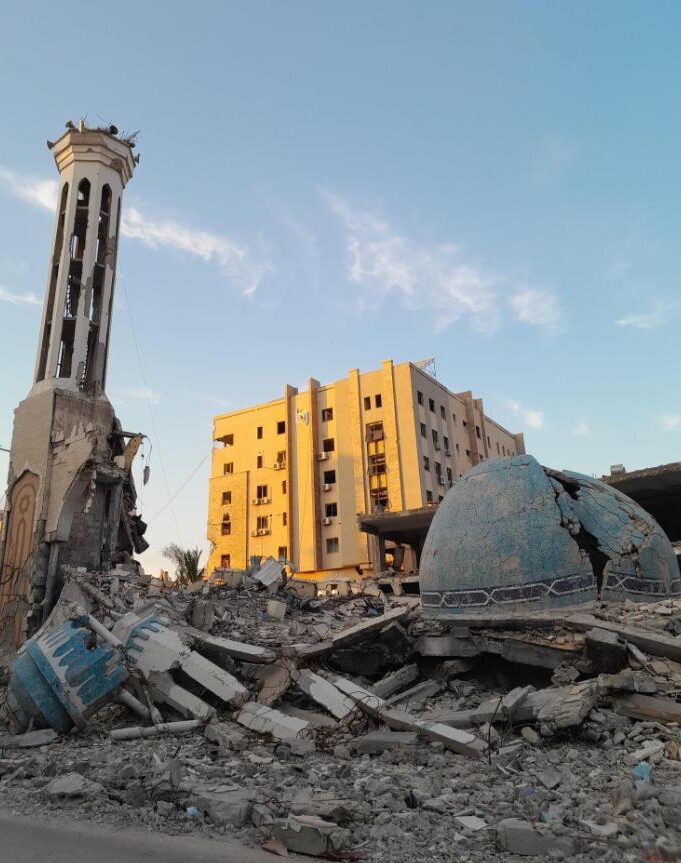
This Ramadan, I cannot spend nights in my beloved mosque. I am not there next to the dome, resting my back after praying and contemplating the sky. Despite being close by, it is now reduced to silent rubble. Every time I see it, I feel my heart burning, and I don’t know how to accept that it has become just a memory.
The worst of it is that it is not only my mosque, but all mosques in my area. All are destroyed and silent. Even those iconic archaeological mosques in the city have not escaped the brutality. They were destroyed also, regardless of their status as civilian, religious sites protected by the laws of war.
Although this crazy war replaced the nights of calm and worship with fear, darkness and destruction, we still pray. We gather and pray together in our homes; it is not like praying in our beloved mosques, but we pray. We deeply believe that we have no way but to pray.
We pray while the sounds of the explosions shake our hearts, fear makes our bodies tremble, and all manner of dangers distract our focus. We pray lonely, without our relatives, neighbors and friends. We miss them all. Distances and army barriers separate us, however our supplication that Allah hears and accepts, unites us.
Since the beginning of Ramadan, I have been asking my friends abroad to go to pray in the mosques and record the prayers for me, just like I used to do when we had mosques and life. I listen to the different recordings from different places in the world and I wonder when we will return to our holy places.
Will we build new ones rather than rebuild those that were demolished? Are we going to survive to do this? And how many other Ramadans will be stolen from our lives in the meantime?

